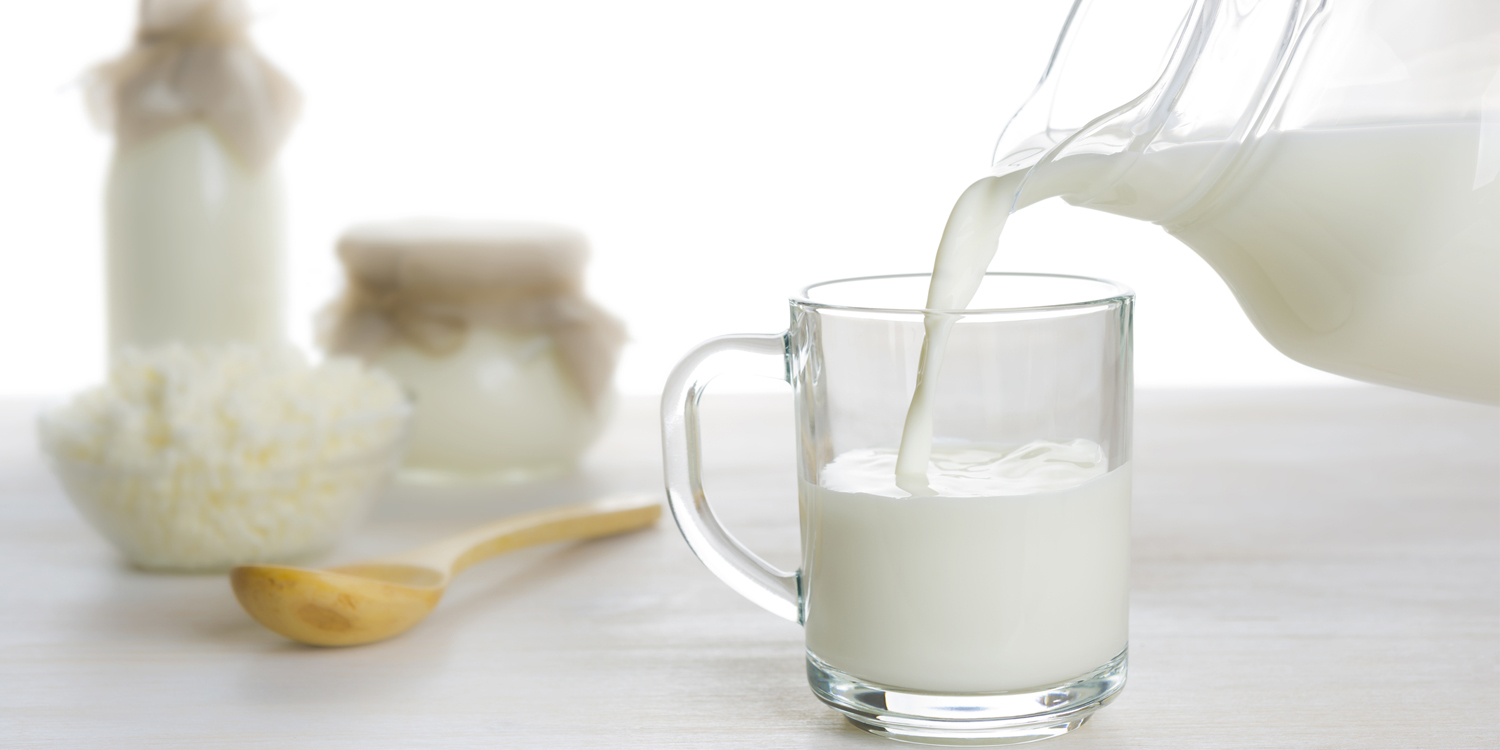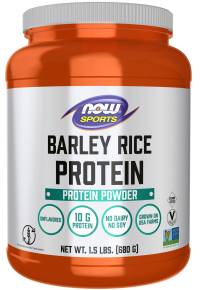Do the benefits to your health (and the planet’s) outweigh the extra cost when you purchase a carton of organic milk?
The USDA Organic label on a milk carton means the animal that produced the milk was given organic feed. The feed was grown on land certified to meet national organic growing standards. And the animals were not given routine treatments of antibiotics or growth hormones.
According to the Organic Trade Association, organic agriculture “strives to maintain biological diversity while replenishing soil fertility and eliminating the use of chemical pesticides and fertilizers.” Making an organic purchase also supports farmers who work to promote their animals’ health.
More Nutrients
“In general, organic dairy farms rely on high-forage diets that include access to pasture during the grazing season,” says Andre Brito, PhD, of the University of New Hampshire’s Dairy Nutrition Research Center. Dr. Brito explains that most conventional dairy farmers feed their lactating cows total mixed rations (TMR) all year round. These contain a lower proportion of forage and a higher proportion of grain compared to organic dairy diets. “Research has shown that the milk of cows with access to pasture has a higher concentration of conjugated linoleic acids (CLA)—an anti-carcinogenic compound—omega-3 fatty acids, and vitamins A, D, and E than milk from cows fed TMR,” he says.
Organic dairy products are not limited to just milk, cheese, and yogurt. Cream, half-and-half, butter, and ice cream are readily available too. Dairy is one of the fastest-growing segments of the organic food industry, according to the OTA.
Healthier Animals
Organic dairy cows produce about half as much milk as conventional cows. “Organic cows are not pushed to the limit in terms of milk production based on their genetic makeup to produce milk, which may also contribute to a relatively low incidence of metabolic diseases,” says Dr. Brito. “Cows don’t need antibiotics and hormones to stay healthy.” In fact, he says, a common growth hormone is given to conventional dairy cows not for their health, but “with the objective of enhancing milk production.”
A recent review of multiple studies confirms the health benefits of eating organic foods. The author of the review notes that “clear health benefits from consuming organic dairy products have been demonstrated in regard to allergic dermatitis.”
Good News for Cows
“The most exciting news this year is the new pasture rule, which regulates the access to pasture for organic livestock operations,” says Andre Brito, PhD. The rule amends the National Organic Program regulations for dairy and beef cattle as follows:
-
Animals must graze in pasture during the grazing season, which must be at least 120 days per year.
-
Animals must obtain a minimum of 30 percent of their dry matter intake from grazing pasture during the grazing season.
-
Producers must have a pasture management plan and manage pasture as a crop to meet the nutritional requirements for the grazing animals and to protect soil and water quality.




